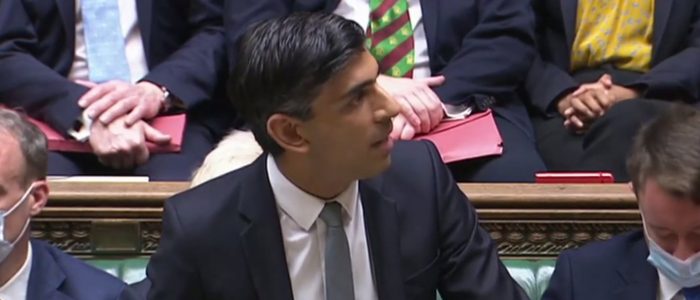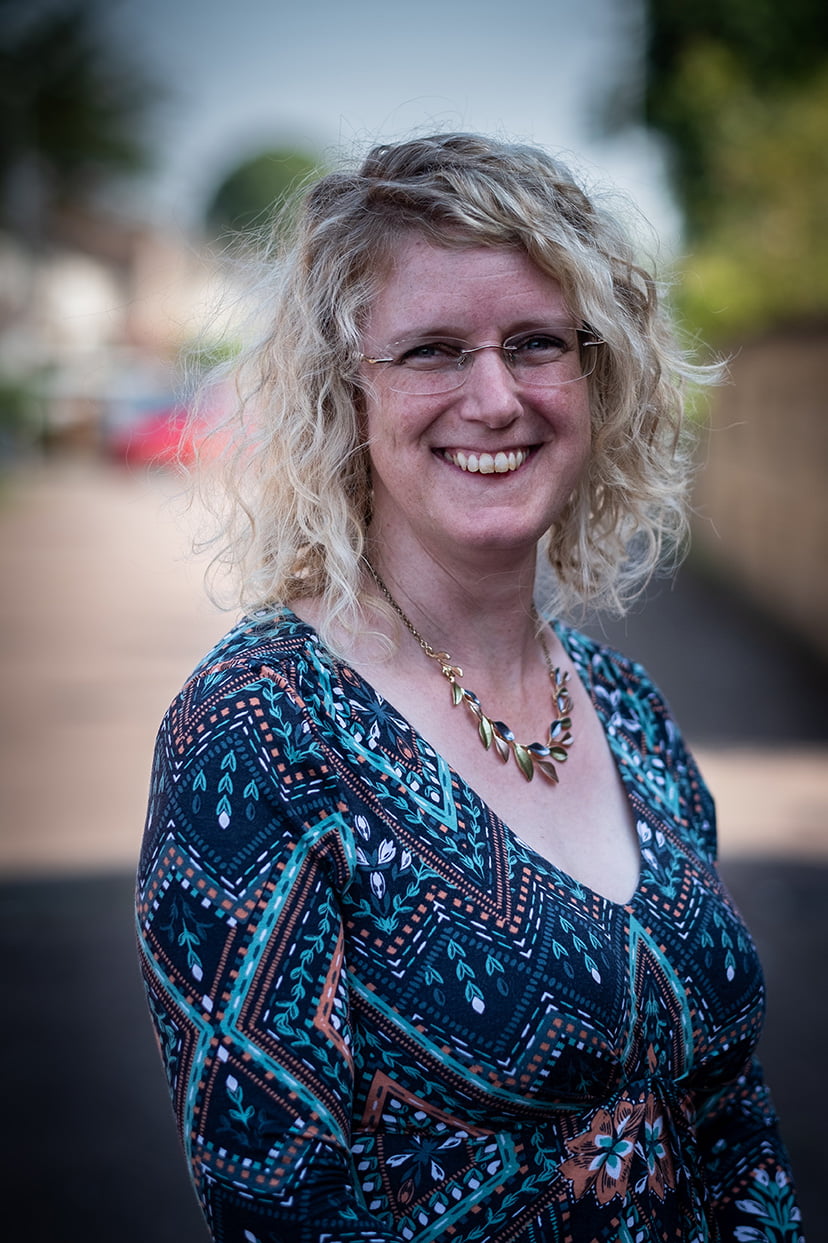Response to the Autumn Budget 2021

Last week, the Chancellor issued his Autumn Budget and Spending Review, reflecting an ambitious mix of higher public spending, higher wages, and new efforts to ‘make sure work pays’, paving the way towards an economy ‘fit for a new age of optimism’ post-COVID.
The new economy Sunak wants to see following the pandemic was reflected in his prioritisation of Research and Development (R&D), skills, and levelling up through investments in infrastructure and public transport.
However, there was also a welcome emphasis on family and community. Most notably, the Universal Credit taper rate has been cut by 8% from 63% to 55%, which will mean nearly 2 million low-income families will keep an extra £1000 a year, but there was also mention of investment in a network of Family Hubs, the Supporting Families programme, and youth services. It is worth mentioning that special thanks for the investment in Family Hubs is owed to Fiona Bruce MP, vice-chair of the APPG on Faith and Society.
Beyond those direct investments in supporting families, cuts to business rates in the retail, hospitality, and leisure sectors (‘pubs, music venues, cinemas, restaurants, hotels, theatres, and gyms’) and funding to turn over 100 areas of derelict land into new ‘pocket parks’, will also be of great benefit to the physical and mental wellbeing of local communities.
Sunak also announced that £850m will be spent to ‘protect museums, galleries, libraries and local culture’ on the basis that ‘levelling up is also about protecting our unique culture and heritage’. While I welcome this announcement and the benefits it could have for sustaining vibrant communities and local belonging, I could not help wondering why places of worship were not mentioned on this list.
Recent reports such as The House of Good by the National Churches Trust and Churches, COVID-19 and Communities by the University of York (on which the APPG on Faith and Society will soon be hosting an event) demonstrate the value that church buildings have to local communities (£55bn in economic and social value every year), yet it is estimated that more than 900 church buildings are at risk of closure. A recent Religion Media Centre briefing suggested most church buildings could be saved with a relatively small amount of funding, and that ‘with imagination and investment, churches could revert to the role they had in medieval times as the hub of the community, hosting village shops, farmers’ markets, post offices, even doctor’s surgeries, while remaining open and available for prayer and worship’. Funding for this kind of proposal, especially if extended to other historic places of worship too, would surely be a wise addition to Sunak’s commitments to supporting local families and communities and levelling up through protecting their unique culture and heritage.
Other members of the team offered their responses to the Budget below:



About Matt Allen
Project Officer
Matt plays an important role in FaithAction’s efforts to advocate for faith communities and the value they add to society. He was central in coordinating our COVID-Response project and continues to gather and collate concerns and ideas from faith communities up and down the country. He also oversees FaithAction’s work as Secretariat to the APPG on Faith and Society and works to support the propagation and health of Faith Covenants nationwide.


